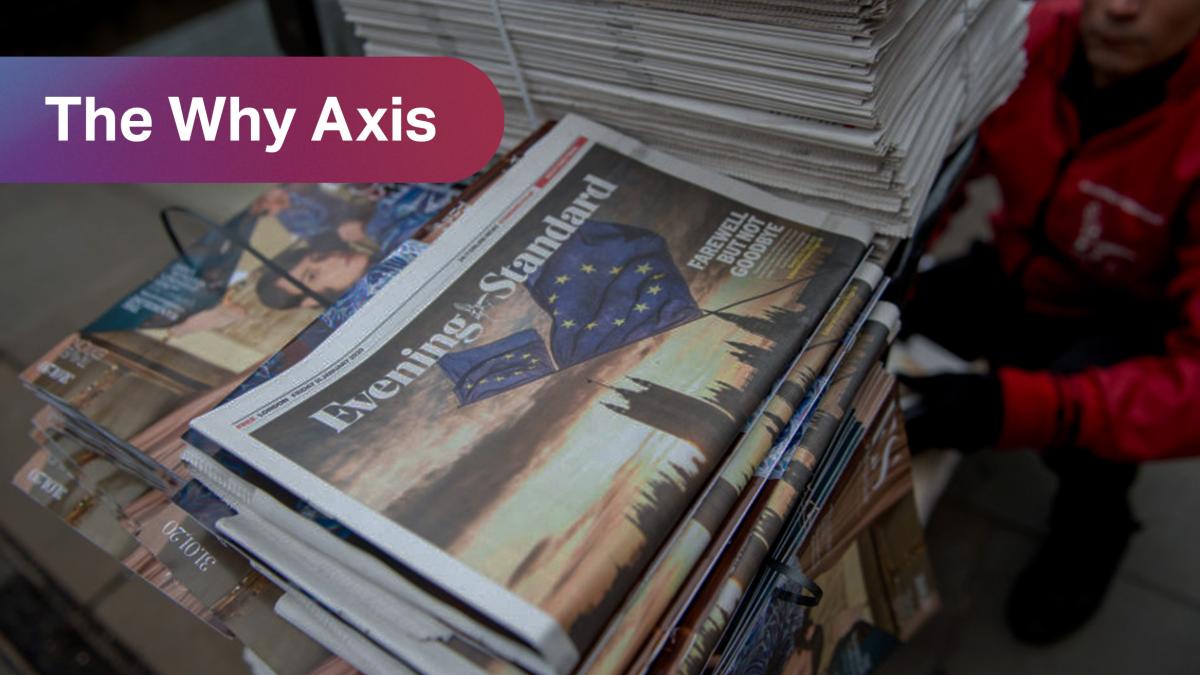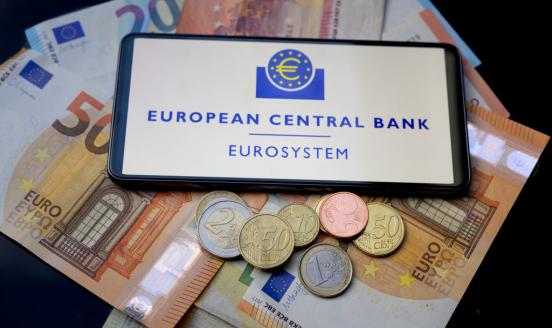Could crypto assets jeopardise the financial system?


The role of crypto assets was a much-discussed topic during this year’s Global Money Week, an OECD initiative which aims to raise awareness of the need for financial education. What opportunity do crypto assets present and how might they jeopardise financial stability?
Crypto assets represent about 1% of the global markets, and as such, they are not threatening to replace the traditional financial system. That is because they suffer from two important shortcomings.
First, they allow for no legal recourse and therefore lack accountability, and second, they are self-referential in that they do not perform the main purpose of financial services, which is to finance growth.
Even if small in scale, crypto assets can be a source of financial instability, which is why regulators need to up their game. In finance, there are no shortcuts. Lending and borrowing need to be done on the back of collateral and reserves. The fall of FTX, Terra and Luna exposed the fragility of a system that does not have sufficient quality reserves and showed what happens when pegging is done on algorithms rather than on broadly accepted assets.
The danger with crypto assets is that they are traded in search of yield, but not necessarily in search of added value. The technology behind crypto, in the form of the distributed ledger, will likely remain and penetrate the financial world. But the crypto-based system itself will, at best, be a small component of the whole system.
By the time regulation catches up, the crypto world will not be all that different. To mitigate the possibility of financial instability, in line with the main objective of Global Money Week, financial literacy should be pursued by all age groups to help people make better and safer financial decisions.
The Why Axis is a weekly newsletter distributed by Bruegel, bringing you the latest research on European economic policy.



